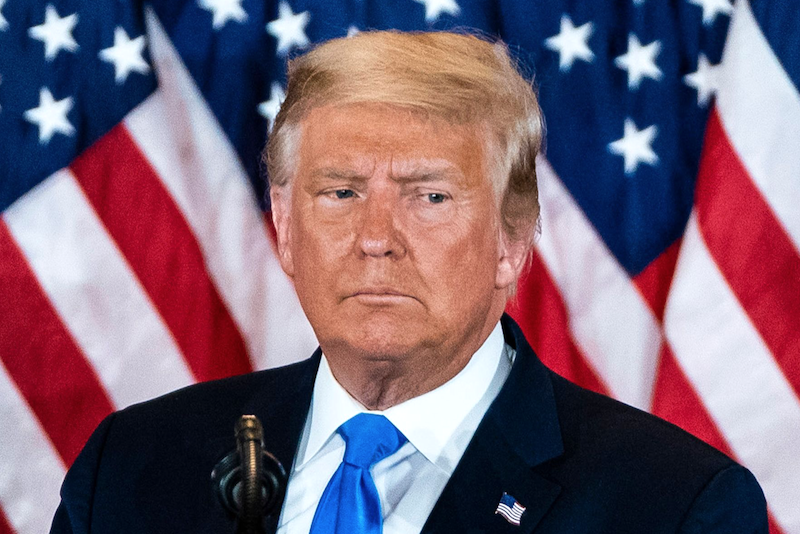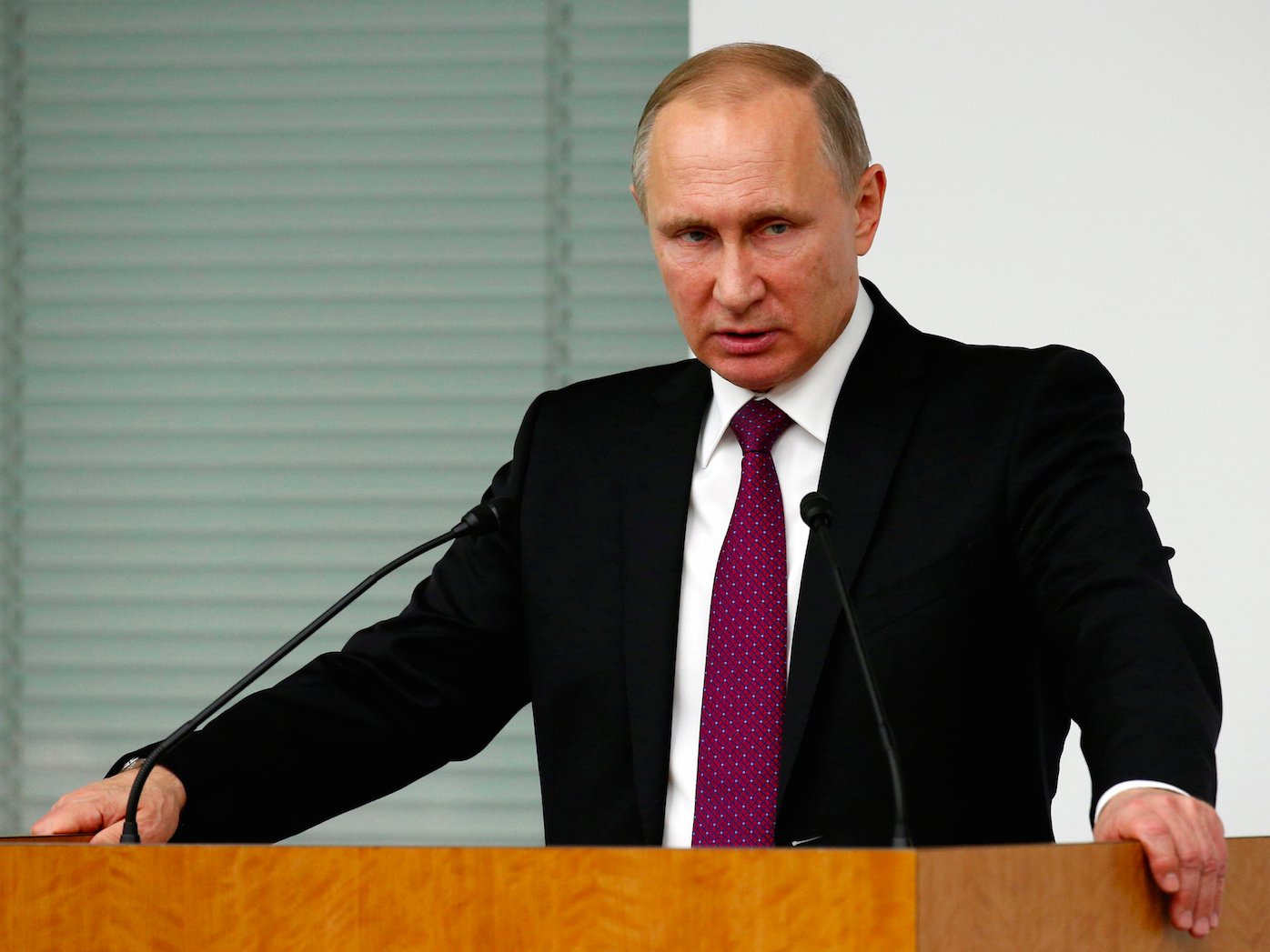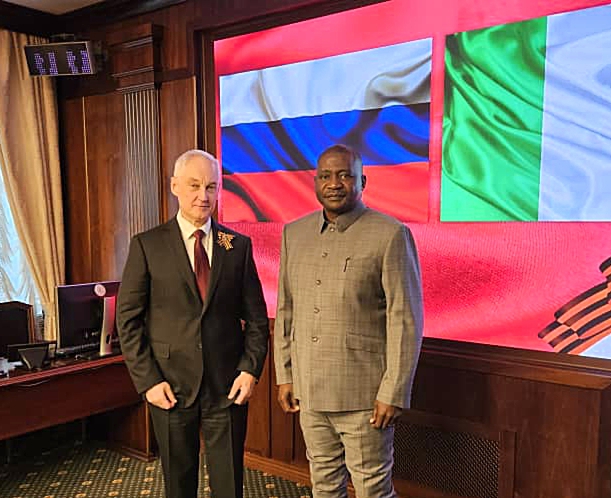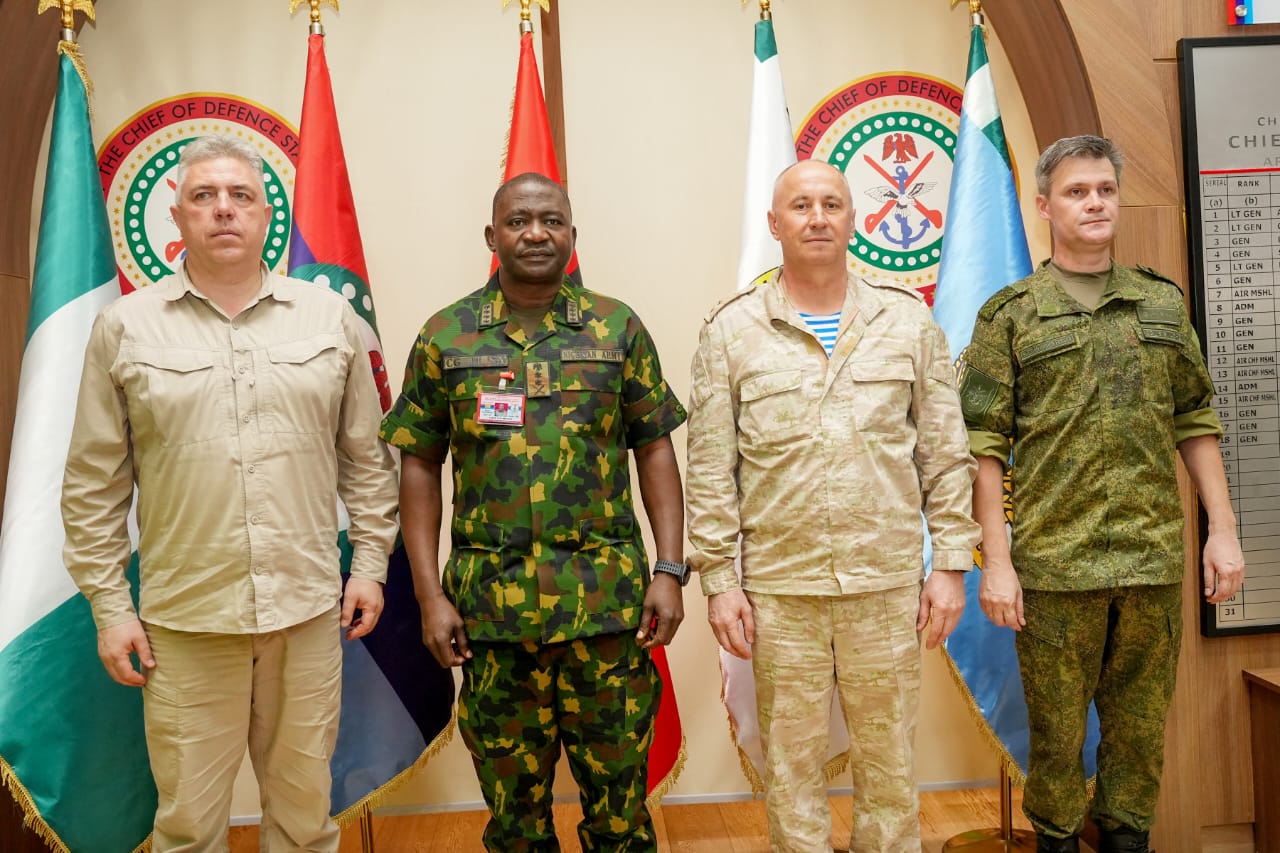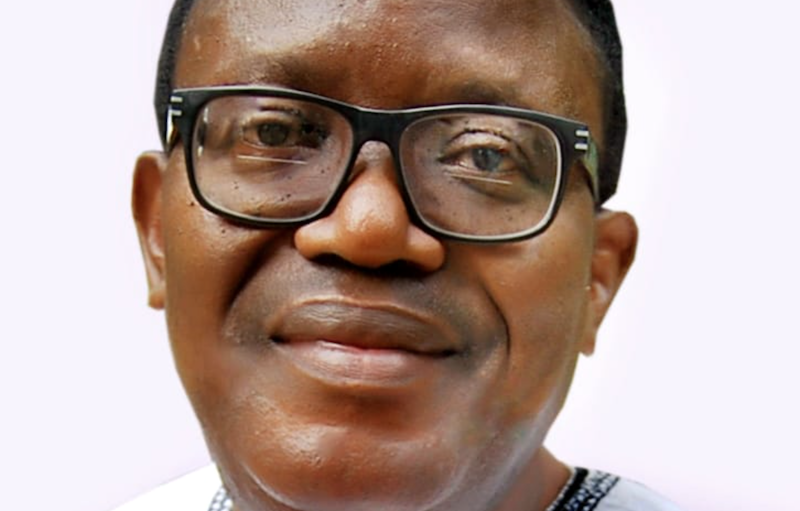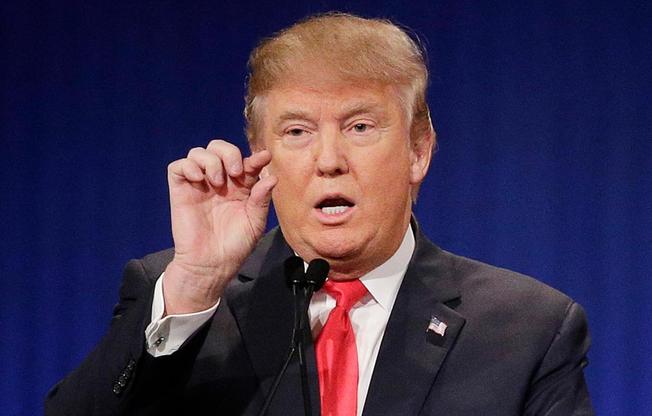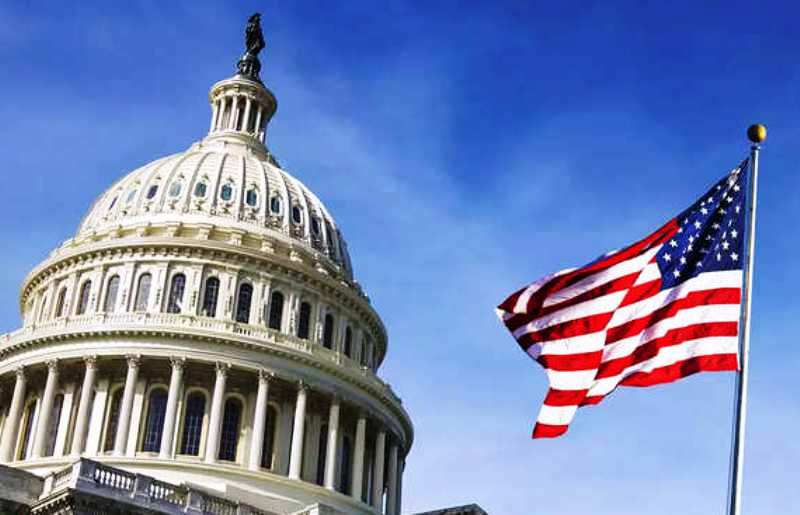THE first one thousand days of the Russo-Ukrainian War was on Tuesday, November 19, marked in Europe like an anniversary rather than a day of reflection. The European Commission draped its building with the Ukrainian flag, while the European Parliament sat to stirring speeches, including a standing ovation for Ukrainian President, Volodymyr Zelensky.
Those hailing Zelensky in Brussels are not doing the dying. Those who have made an early exit to Heaven include more than 12,000 Ukrainian civilians with about 27,000 injured. Over six million Ukrainians have become refugees, while the population has fallen by one quarter. Military casualties on both sides are in their hundreds of thousands.
Three days earlier, Zelensky had seemed sober and was talking about peace. The reasons for this might include the fact that in-coming United States, US, President, Donald Trump is unpredictable and the Russians are making significant gains on the battlefield. Other reasons might include Russian President Vladimir Putin and German Chancellor Olaf Scholz on Friday, November 15, 2024 skirted around peace talks and, the Palestinian-Israeli War eclipsing the Ukrainian War.
So Zelensky, who hitherto had insisted there would be no negotiations with Russia, was on Saturday, November 16, 2024, talking peace. In an interview with Ukrainian radio, he said: “For our part, we must do everything we can to ensure that this war ends next year. We have to end it by diplomatic means.”
However, three days later, Zelensky was back to his war rhetoric. I think his change of mind is the result of the renewed support he got from various quarters, including the US State Department approving a new $100 million sale of weapons and, Denmark making a new $138 million donation for arms. However, the most decisive factor might be President Joe Biden authorising Ukraine’s use of long- range US ATACMS missiles. To Zelensky, this could be a game changer as the missile has a range of 300 kilometres, which means it has Russia largely fully within coverage. Secondly, his hope is that this might lead to the United Kingdom and France allowing Ukraine to use their long range missiles. Thirdly, the authorisation might be an indication that the US and its allies want an escalation of the war rather than negotiations to end it.
Zelensky immediately put the US missiles into use. Ukraine fired six of such missiles, with Russia claiming it shot down five of them, while the sixth hit a military facility in the Bryansk region, 110 kilometres inside Russia.
Russia had warned against such authorisation, claiming these missiles cannot be fired without direct US personnel support. This, to Russia, means that their use is an indication of direct US military intervention in the war.
The missile’s range of up to 300 kilometres is much shorter than some Russian missiles, including its hypersonic Kinzhal weapon with a range of 2,000 kilometres. So Ukraine’s use of such missiles is unlikely to change the course of the war.
However, Russia was so angered by the American authorisation that on November 19, it changed its rules of engagement on the use of nuclear weapons.
The new rules state that any attack against Russia by a non-nuclear country with the “participation or support of a nuclear power” would amount to a “joint attack on the Russian Federation”. This means that if the use of the ATACMS missiles by Ukraine was facilitated by US personnel, it would amount to a joint US-Ukraine attack.
It also provides that any attack against the country by a member of a military bloc, would amount to “an aggression by the entire bloc”. This means that an attack against Russia by any of the 32 countries in the North Atlantic Treaty Organisation, NATO, would be seen as an attack by the entire military alliance.
The new order also states that Russia reserves the right to use nuclear weapons in response to a conventional weapons attack that threatens its “sovereignty and territorial integrity”. It means that if Russia reaches the conclusion that Ukraine’s use of the ATACMS missiles threatens it in a fundamental manner, it could resort to the use of nuclear weapons.
In interpreting the new Russian rules of engagement, its former President, Dmitry Medvedev, wrote: “Russia’s new nuclear doctrine means NATO missiles fired against our country could be deemed an attack by the bloc on Russia. Russia could retaliate with [weapons of mass destruction] against Kiev and key NATO facilities, wherever they’re located. That means World War III.”
Indeed, this may be closer to a nuclear war than we think. As it stands, Russia and the US, with over 5,000 nuclear war heads each, have the highest number of nuclear weapons. China comes a distant third with 500, France has 290 and UK, 225. Less than one per cent of the estimated 12,000 nuclear warheads is enough to destroy major parts of the world.
This war, like most wars, was avoidable, and, having started, could, and can be quickly ended. But the reason why it festers is that it is a proxy war. So, rather than take steps to end the war, what we witness are blame games and a sense of justification.
Basically, this war, is an expansion of the Ukrainian Civil War in which Russia and its allies support Eastern Ukraine and NATO and its allies threw their weight behind the other part of the country. The Ukrainian Civil War itself was the result of two undemocratic incidents in that country.
The first was the 2004 presidential election in which the victory of Viktor Yanukovych from Eastern Ukraine, was rejected by crowds in Kiev, the capital. This was dubbed the ‘Orange Revolution’. That election was then annulled and, in the new election, the rival candidate, Viktor Yushenko, was declared winner. The politics of that election was that the former was pro-Russia and the latter pro-West.
Six years later, Yanukovych again won the presidential election. This time his victory was not disputed. But four years into his tenure, he was overthrown for refusing to sign the Ukrainian–European Union Association Agreement which would have pushed the country into the orbit of the West. This coup split the Ukrainian people and the military and, led to the civil war. The first part of the country to secede and join Russia was the Crimea. In the civil war between Eastern and Western Ukraine, Russian military units openly defended the former. So, technically, Russian troops were in Ukraine nine years before the “Russian Invasion”.
There were efforts to reconcile the warring factions in Ukraine which led to two signed agreements: Minsk I and II. So, there can be no solution to the war in Ukraine without the resolution of the Ukrainian civil war.
